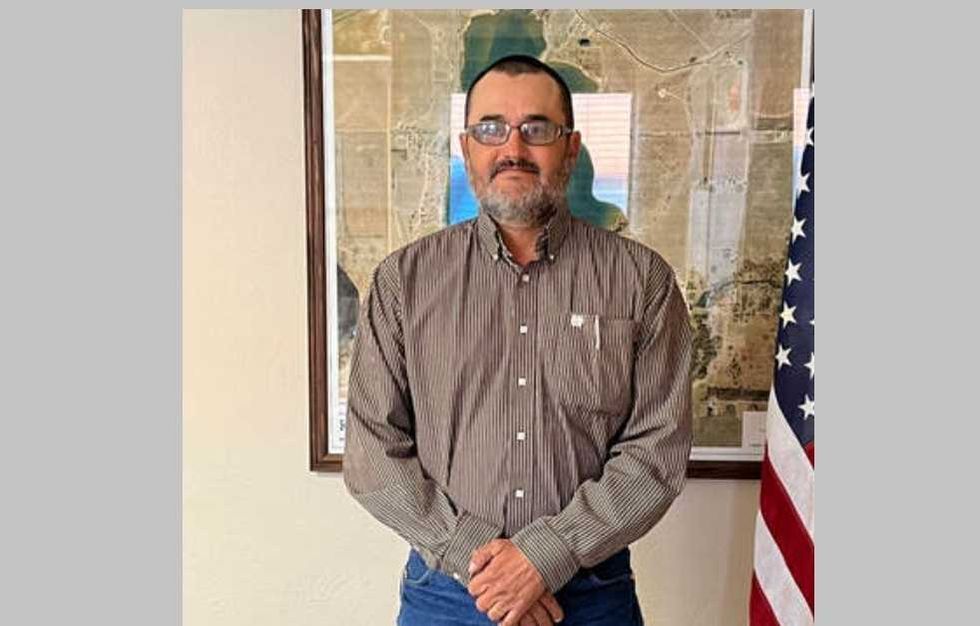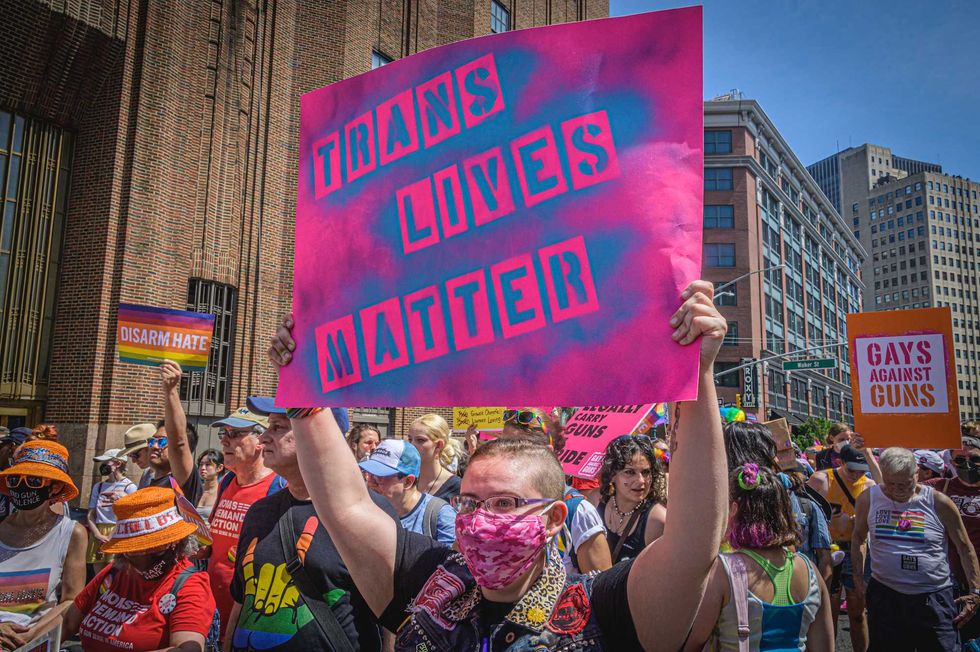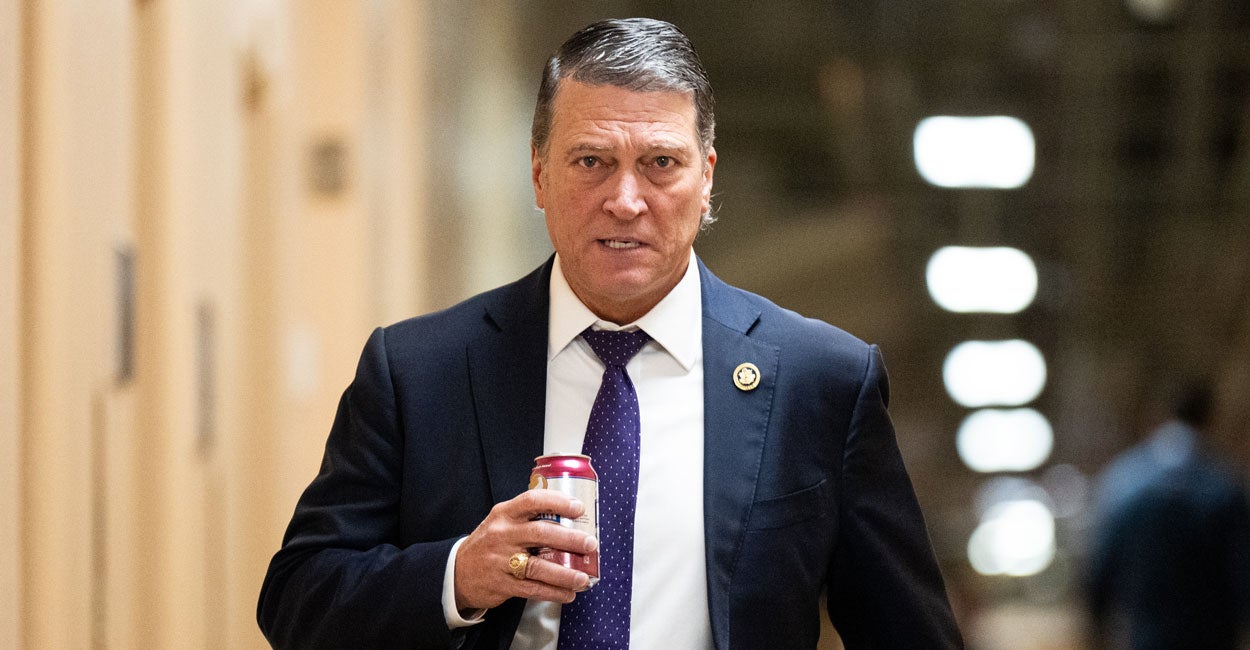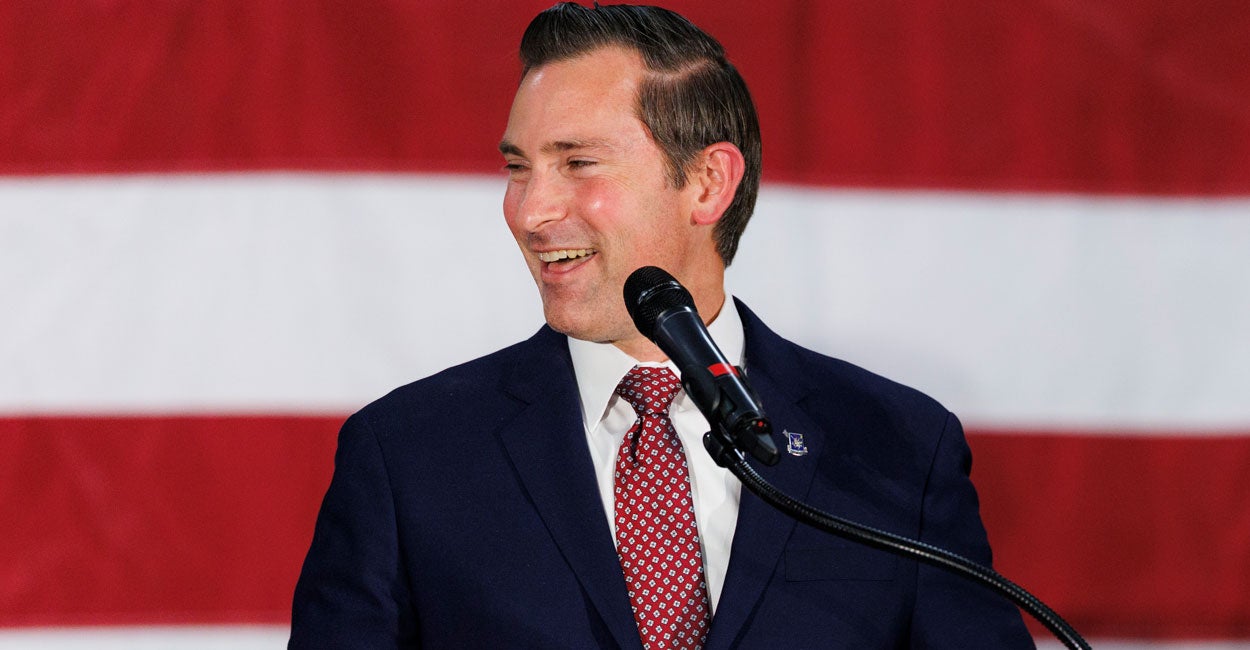Unpacking the President’s Vision for the National Security Council
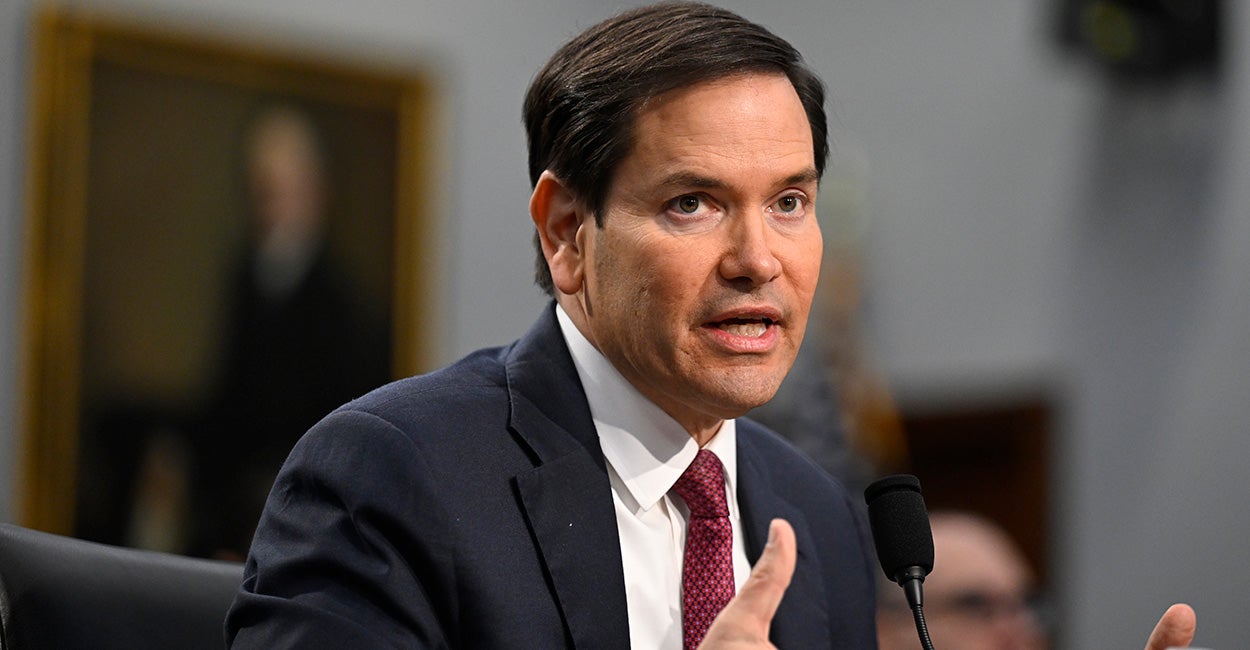
Following the Trump administration’s reorganization of the National Security Council staff, former NSC staffers say the president appears to place more confidence in the State Department to execute his foreign policy agenda.
President Donald Trump put more than 100 staffers from the NSC on administrative leave on the Friday before Memorial Day. That included both career employees and political hires by the Trump administration.
After disloyal personnel caused turbulence within the NSC during Trump’s first term, the president has taken pains to prevent career bureaucrats from interfering with his agenda.
While Trump’s distrust of the “deep state” is warranted, former NSC employees told The Daily Signal they fear disempowering the council could give more authority to hostile bureaucrats in the State Department and other agencies.
Federal Election Commission data show that, during the 2019-2020 election cycle, 93% of all political contributions from U.S. State Department employees went to Democratic Party candidates or political action committees.
But a White House official told The Daily Signal that the “right-sizing” of the NSC is in line with the restructuring of various agencies to better serve the president. The official said Trump’s decision to make the NSC smaller makes it more nimble and efficient.
“The National Security Council has been consolidated to facilitate more streamlined processes and greater coordination between the White House and the federal agencies,” White House spokeswoman Anna Kelly told The Daily Signal. “President Trump works tirelessly to keep Americans safe, and it is imperative that all components within the White House, and across the executive branch, are working together at an efficient pace.”
The NSC staff could be decreased to just 60 people, said Robert O’Brien, one of Trump’s first-term national security advisers, wrote in a recent op-ed.
White House employees regularly see Secretary of State Marco Rubio in the West Wing, meaning greater collaboration and dissemination of information from the president to the State Department and NSC, The Daily Signal has learned.
Rubio currently serves as both secretary of state and national security adviser after Trump reassigned Mike Waltz from the role of national security adviser to nominee to be United Nations ambassador.
In early May, Trump told The Daily Signal he will pick Waltz’s permanent replacement as national security adviser in the next six months.
“We have a lot of people that want the job, I can tell you,” Trump said aboard Air Force One. “I mean, a lot of people say it really works in with what [Secretary of State Marco Rubio’s] doing. But we have a lot of people. I’m going to be naming somebody.”
“He would do the job permanently,” Trump said of Rubio, “but I don’t think it’s, you know, it’s an appropriate job.”
Rubio’s dual role as both national security adviser and secretary of state enables “even greater coordination when it comes to following through on all of the president’s foreign-policy objectives,” a senior State Department official told The Daily Signal.
“The rightsizing of the NSC announced by President Trump and Secretary Rubio will result in a more agile agency that will allow the administration to quickly respond to national security issues,” the official said. “The president deserves a process where he is setting the agenda, the NSC is working to orchestrate the collaboration needed across agencies, and Cabinet secretaries are leading their respective department to carry out commander’s intent as directed by the White House.”
The National Security Council is traditionally treated as the president’s in-house foreign-policy shop and national security advisory and coordinating body.
Even when the president’s Cabinet officials work together harmoniously, the NSC is necessary to act as a referee among agencies. The NSC executes the president’s agenda and deconflicts national security questions that come up between departments, according to former NSC employees.
According to those former employees, the president is in a difficult position, as it’s hard to hire loyal staff at the NSC, and the NSC, like State, consisted of far more career employees than political appointees.
The NSC has a handful of political appointees, but it traditionally relies on detailees from other agencies. It has minimal resources to make direct hires, so it’s common for the NSC to hire bureaucrats from other agencies. This makes it difficult for directors to identify people who are fully aligned with the administration’s agenda.
In both his first and second terms, Trump inherited NSC staffs of about 400 officials accustomed to former Presidents Barack Obama’s and Joe Biden’s approach to the NSC being central in the policymaking process.
Under Obama and Biden, the NSC evolved from a decision-coordinating apparatus to a foreign policy decision-maker. The 1947 National Security Act created the NSC with only an order of organization and function. From 1947 until the National Security Act Amendments of 1949, the State Department dominated the council.
But presidents have since used the ambiguity of the act establishing the NSC to utilize it as they see fit. The NSC gained a national security adviser in 1953, paving the way for it to evolve from a coordinating body to a policymaking body, Evan Cooper and Lucas Ruiz write in National Interest.
It’s unlikely that detailees from other agencies would be interested in holding their home agency accountable to the president’s agenda if they’re going back the following month, according to former staffers.
If NSC is not working as intended, national security orders could take longer to execute and a heavier hand could be required from the president, who can only be in so many places at once, former staffers said.
Robert Greenway, senior director of the NSC’s Middle Eastern and North African Affairs Directorate during the first Trump administration, said the reorganization is “encouraging” and should “restore the essential trust and confidence required by the president it serves and support the implementation of his policies.”
“The president is entitled to—and must have—a loyal team to implement his policies and execute his orders, and this includes his National Security Council staff, which has historically been employed to coordinate across the government, but has not always demonstrated loyalty to the president,” said Greenway, who now serves as director of the Allison Center for National Security at The Heritage Foundation.
One solution tossed around is giving the NSC a larger budget. If the NSC is to coordinate the president’s national security agenda, it should be capable of hiring loyal staff rather than relying on career officials, former National Security Adviser O’Brien said.
“The president is entitled to a personal national security staff dedicated to his vision,” O’Brien wrote. “Assembling such a staff requires a substantially increased budget to hire personnel directly at the White House.”
The post Unpacking the President’s Vision for the National Security Council appeared first on The Daily Signal.
Originally Published at Daily Wire, Daily Signal, or The Blaze
What's Your Reaction?
 Like
0
Like
0
 Dislike
0
Dislike
0
 Love
0
Love
0
 Funny
0
Funny
0
 Angry
0
Angry
0
 Sad
0
Sad
0
 Wow
0
Wow
0
